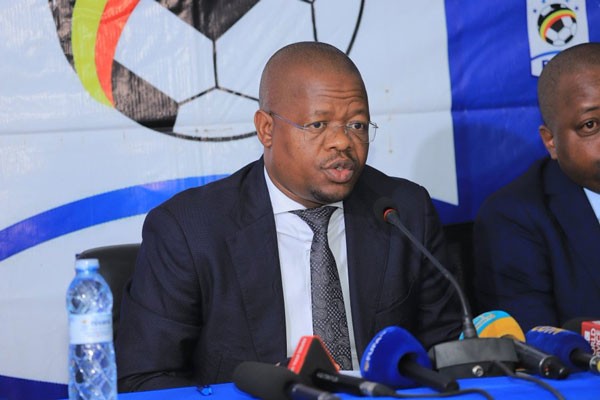By: Boy Fidel Leon
When change comes too fast and without permission, resistance is inevitable.
The Federation of Uganda Football Associations learned this lesson the hard way this month when it suspended the new 2025/2026 StarTimes Uganda Premier League format, barely weeks into a season that had already fractured the sport’s fragile unity.
The decision, announced via social media following mounting pressure from clubs, sponsors, and the league board, amounts to a rare public retreat. FUFA said it needed to give stakeholders “more time to understand” the reforms. What it didn’t say was even louder. The federation had moved too fast, consulted too little, and was now paying the price.
The new three-phase structure sounded rational on paper. Sixteen clubs would play each round-robin, then split into upper and lower brackets for home-and-away fixtures.
The top six are battling for the title, the bottom six are fighting for relegation. It was billed as “faster, fiercer, fairer.” In practice, it felt like chaos dressed in corporate language.
Clubs saw red flags immediately. The format disrupted revenue sharing. It trampled on tradition. Most galling to many: it arrived without real dialogue. When complaints went unanswered, patience evaporated.
On October 2, Dr. Lawrence Mulindwa, Vipers SC’s president and a former FUFA chief, delivered an ultimatum that his club would not play. His statement didn’t mince words. He accused the federation of disrespect, blackmail, and ignoring dissent. He pointed to broken promises, including a UGX 3.4 billion investment pledge that, he suggested, lacked credibility.
“We will not be part of a system that ignores what clubs and fans demand,” he said. It was a line drawn in sand.
What might have remained a boardroom dispute quickly spread? Fans organised under hashtags like #BoycottUPL and #RespectTheGame.
At Mandela National Stadium, empty seats told the real story. Supporters refused to watch matches featuring clubs that weren’t participating. Tickets had been sold for games that never happened. Trust, once lost, was now hard to recover.
Former players waded in too. George Ssemwogerere, Jackson Mayanja, Paul Ssali, Gibby Kalule, and Iddi Batambuze all called for humility and transparency. The message was consistent. Reform isn’t the enemy, but football demands inclusion and accountability.
Even veteran administrator Jabeli Bidandi Ssali weighed in. He framed the standoff not as a crisis but as “a leadership test,” reminding officials that Uganda’s league had been built on consultation and shared vision since 1968. Pride, he warned, could undo decades of work.
FUFA’s suspension buys time, at least temporarily. The federation now promises stakeholder sensitisation sessions to explain the reforms and gather feedback.
Whether those reforms ever see the light of day,and under what conditions, remains a question without an answer.
What’s clear is this. Football, like any institution, thrives on trust. FUFA forgot that. Now it has to remember.


